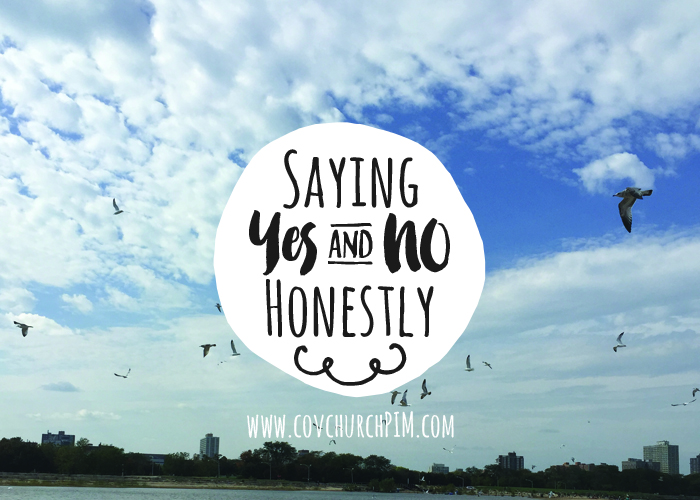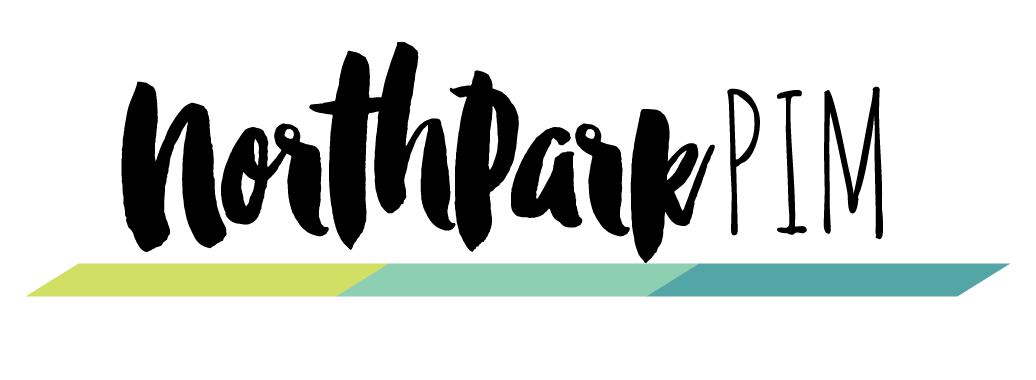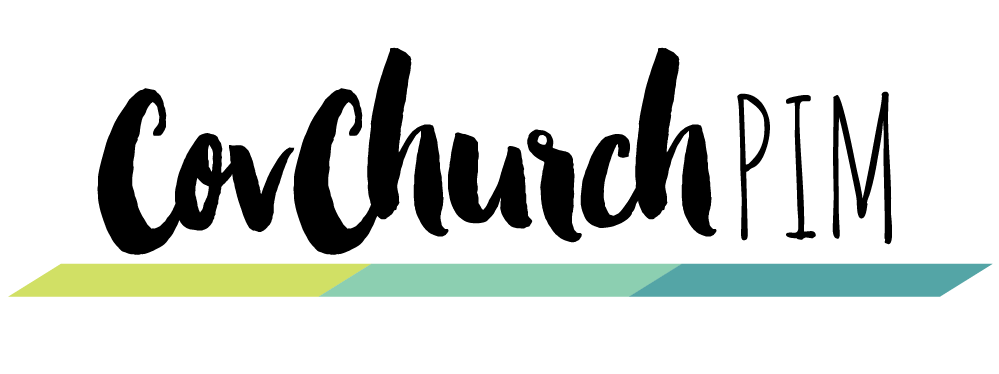When I was processing my own role as a clergy spouse probably the best advice I heard from a former pastor’s wife was “Be yourself.” These wise words of advice stuck with me and continue to impact how I navigate my place in our community, but the lasting influence has more to do with what she said next than the actual advice itself. After talking about how important it is to be genuine and true to yourself as a clergy spouse, this individual reflected, “I was given this same advice and now, looking back, I wish I’d done a better job at being myself.”
In so many aspects of everyday life, we create idealized images of ourselves for a whole host of reasons. One of the great sociologists of the twentieth century, Erving Goffman, argues that we express ourselves as a means of creating impressions on others. Our day to day actions and interactions are much like stage performances, with gestures, props, and costumes that allow us to present ourselves according to cultural norms and expectations. If only Goffman were alive to witness Facebook, Instagram, and the digital world in general.
Indeed, our actions always take place in a social context, and for clergy spouses, this context is wrought with expectations inside and outside the church. Members of the church have all sorts of ideas on what the pastor’s wife or husband should and should not do – ideas that have evolved significantly over time but that nevertheless still matter – and there are images and expectations and stereotypes outside the church as well. This is why, going on ten years as a pastor’s spouse, I still take a deep breath and pause whenever I hear the question, “And what does Aaron do?” You just never know where that conversation is heading next.
I’m still not totally sure what “being myself” means, and since we are always changing as people, I imagine the practice of being myself will evolve as well. Along this journey, though, I have been and continue to be determined that I will not, one day down the road, say to a group of emerging clergy families that I wish I’d listened to that advice. And for me, I’ve maintained this determination by practicing the art of saying “yes” and saying “no” honestly.
The art of saying “no” is tricky, and in less obvious ways so is the art of saying “yes.” Everyone knows the value in creating healthy boundaries and being selective in our commitments. And in some cases, saying “no” seems like a no-brainer, as in “Mom, can I have Halloween candy before breakfast?” Saying “no,” of course, becomes much harder when we feel like we should do something, which is where we run into trouble in saying “yes” honestly. Are we saying “yes” because we should do this, or because we can actually offer something? The key word here is SHOULD. How do we even determine what we should or should not do? Where do these ideas come from? Do we pressure ourselves, or respond to pressure from others? And how do we remain true to ourselves amid outside expectations?
When my husband was in middle school and his mom asked something like, “Aaron, do you want to empty the dishwasher?” the legend goes that he would occasionally say, “No, but I will.” I sometimes worry such tendencies have been genetically passed down to our child and I’ll be hearing this a few years down the road. But while I am certainly not condoning such behavior, you have to admit there is something valuable here in the honesty of his response.
When asked to do something at my church, I probably would never have the boldness to say, “No, but I will,” but I am intentional with my “yes” and my “no” and I use these words with honesty. I say “yes” when I find opportunities to share my gifts with the church, and when I say “no” I avoid making up excuses that mask the real reason I’d rather not do something. For me, saying “yes” and “no” honestly has opened up greater room to be myself in a role I am still trying to figure out much of the time. It’s not a crutch I use to avoid things that are difficult or require sacrifices – service and selflessness are central to any faith community. Instead, this practice allows me to be the unique person God created, not some constructed image of what a pastor’s spouse should be. And what is perhaps most remarkable in my experience is that this honesty never leads to broken relationships but rather opens up avenues for community and connection.
Next month, I’ll share more about the places where I say “yes” and “no” and how this has strengthened my sense of community within the church. Until then, I would love to hear how others create boundaries as a path toward being yourself.



